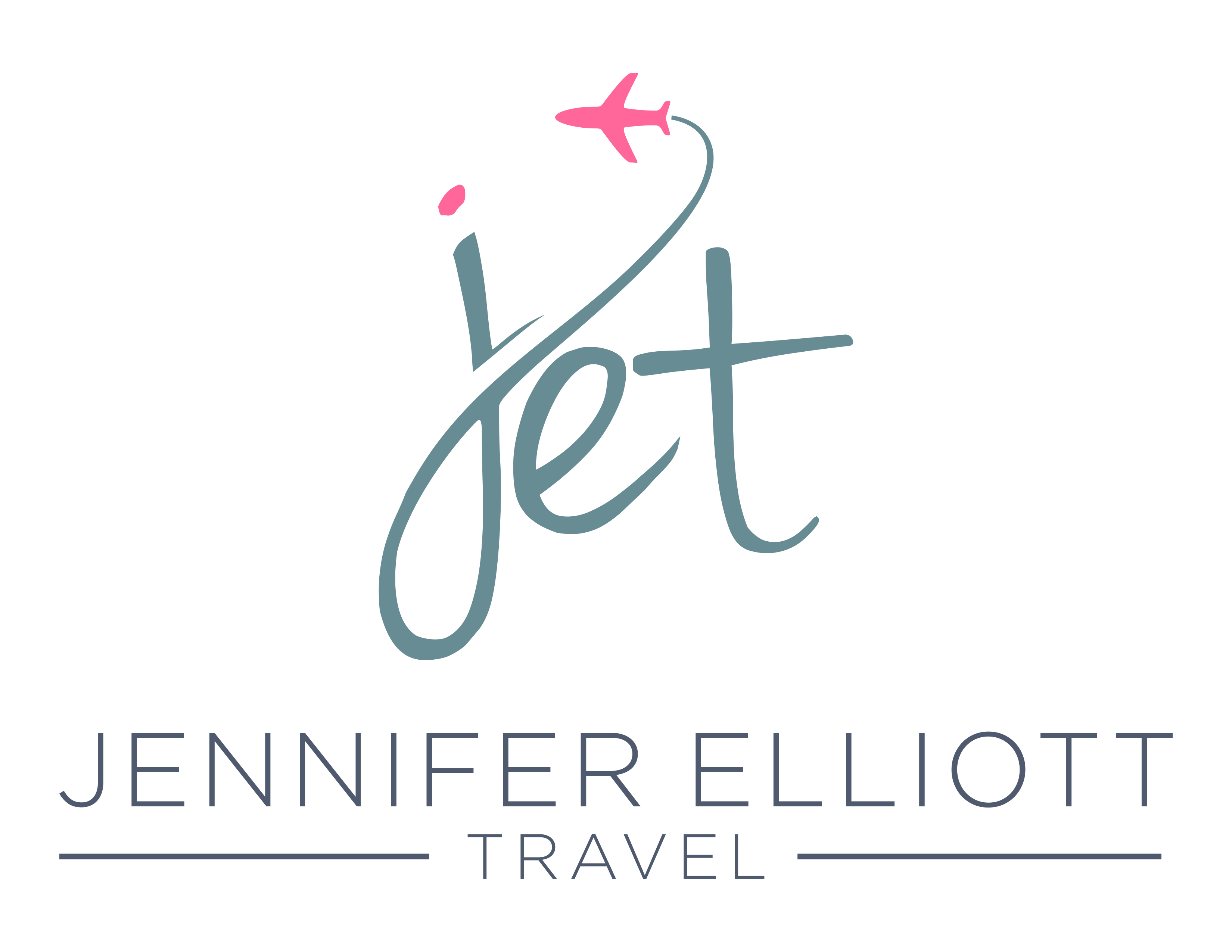TRAVEL TIPS
Communications
Internet
If you're traveling with a laptop, carry a spare battery and adapter. Most laptops work at both 120V and 220V, but you need an adapter to fit the plug into the socket. In the countryside, a surge protector is a good idea.
Going online is becoming routine in Dublin, thanks in part to the Wi-Fi hotspots popping up across the city. Net House, an Internet café chain, has the most locations around the country, with nine in Dublin and one in Cork.
Many independent Internet cafés can be found across the country. Prices vary from the low end in Dublin of €2.50 per hour to €5 per hour in smaller cities. There are also many Wi-Fi hotspots throughout the country, such as the Insomnia Coffee/Sandwich Bar chain in Galway City. Dublin Airport and Dún Laoghaire Harbour have Wi-Fi access. Most hotels now have hotspots in the lobby or lounge. A Wi-Fi connection in your room can sometimes incur an hourly charge. In most cases, however, Wi-Fi access is free if using the facilities of the hotel or café.
Contacts
Cybercafes. More than 4,000 Internet cafés worldwide are listed on this website. www.cybercafes.com.
Phones
Ireland's telephone system is up to the standards of the United Kingdom and the United States. Local phone numbers have five to eight digits. You can make international calls from most phones, and some cell phones also work here, depending on the carrier.
Do not make calls from your hotel room phone unless it's absolutely necessary. Practically all hotels add 200% to 300% to the cost. As expensive as mobile phone calls can be, they are still usually a much cheaper option than calling from your hotel.
The country code for Ireland is 353; for Northern Ireland, which is part of the United Kingdom telephone system, it's 44. The local area code for Northern Ireland is 028. When dialing Northern Ireland from the republic you can simply dial 048 without using the U.K. country code. When dialing an Irish number from abroad, drop the initial 0 from the local area code.
If the operator has to connect your call, it will cost at least one-third more than direct dial.
Directory Information
Northern Ireland. 118–118; 118–505; 155; 100.
Republic of Ireland. 11811; 11818.
Calling Within Ireland
Public phones take either coins or cards, but not both. Card phones are rapidly replacing coin-operated phones and are cheaper. Phone cards can be bought at newsagents, convenience stores, and post offices in units of €5 upward. It's worth carrying one, especially in rural areas where coin-operated phones are a rarity. In the republic, €0.40 buys you a three-minute local call; around €1.50 is needed for a three-minute long-distance call within the republic. In Northern Ireland, a local call costs 20p.
To make a local call, just dial the number direct. To make a long-distance call, dial the area code, then the number. The local code for Northern Ireland is 028, unless you're dialing from the republic, in which case you dial 048 or 004428, followed by the eight-digit number.
Calling Outside Ireland
The international prefix from Ireland is 00. For calls to Great Britain (except Northern Ireland), dial 0044 before the exchange code, and drop the initial zero of the local code. For the United States and Canada dial 001, for Australia 0061, and for New Zealand 0064.
Access Codes
AT&T Direct. 1800/550–000; 0500/890–011; 1800/225–5288.
MCI WorldPhone. 1800/551–001; 0800/890–222; 0500/890–222.
Sprint International Access. 1800/552–001; 0800/890–877; 0500/890–877.
Cell Phones
If you have a multiband phone (some countries use different frequencies than the United States) and your service provider uses the world-standard GSM network (as do T-Mobile and Verizon), you can probably use your phone abroad. Roaming fees can be steep, however: 99¢ a minute is considered reasonable. Overseas you normally pay the toll charges for incoming calls, too. It's almost always cheaper to send a text message than to make a call, since text messages have a very low set fee (often less than 5¢).
If you just want to make local calls, consider buying a new SIM card (note that your provider may have to unlock your phone for you to use a different SIM card) and a prepaid service plan in the destination. You'll then have a local number and can make local calls at local rates. If your trip is extensive, you could also simply buy a new cell phone in your destination, as the initial cost will be offset over time.
If you travel internationally frequently, save one of your old cell phones or buy a cheap one on the Internet; ask your cell phone company to unlock it for you, and take it with you as a travel phone, buying a new SIM card with pay-as-you-go service in each destination.
Renting a phone has the advantage that you get your number in advance and pick it up at the airport or have it mailed to you in advance. But at €69 for the first week, it's expensive compared to buying a SIM card for around €10 and using pay-as-you-go service.
Contacts
Cellular Abroad. This company rents and sells GMS phones and sells SIM cards that work in many countries. 800/287–5072; www.cellularabroad.com.
Mobal. You can rent cell phones and buy GSM phones (starting at $49) from Mobal that will operate in 140 countries. Per-call rates vary throughout the world. 888/888–9162; www.mobal.com.
Planet Fone. This company rents cell phones, but the per-minute rates are expensive. 888/988–4777; www.planetfone.com.
Rentaphone-Ireland.com. A phone will be awaiting your arrival at Dublin Airport if you rent from this company. 087/683–4543; www.cell-phone-ireland.com.
Vodafone. Call for details of SIM-card purchase (€10) and price of calls on pay-as-you-go plans. 01/203–8232; www.vodafone.ie.

